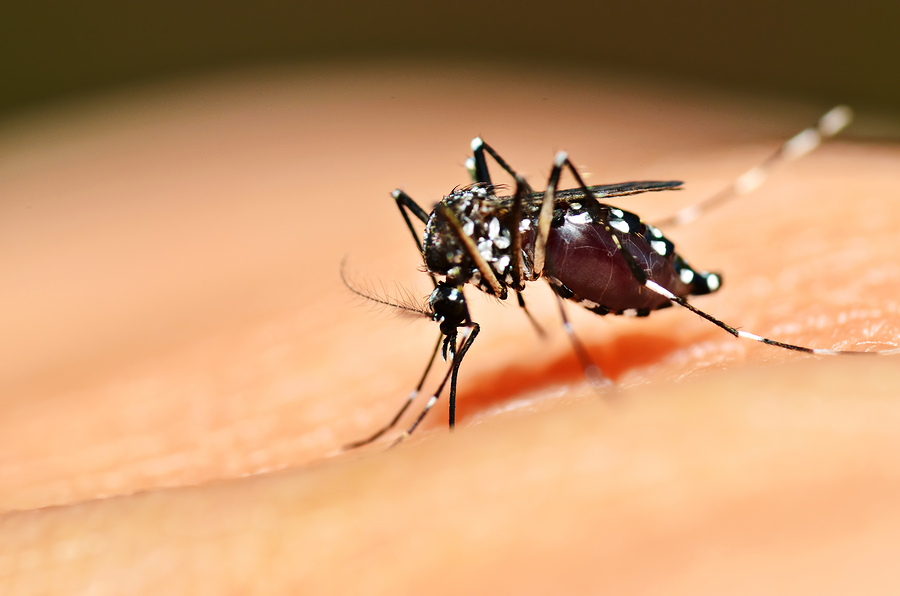On November 3rd, the EPA told MosquitoMate that it could release “the bacterium Wolbachia pipientis into the environment as a tool against the Asian tiger mosquito (Aedes albopictus).” 1 Their decision will allow MosquitoMate to release the bacteria-infected mosquitoes in 20 U.S. states and Washington DC. (The EPA excluded much of the southeastern United States for release because MosquitoMate did not conduct field trials there.)
“MosquitoMate will rear the Wolbachia-infected A. albopictusmosquitoes in its laboratories, and then sort males from females. Then the laboratory males, which don’t bite, will be released at treatment sites. When these males mate with wild females, which do not carry the same strain of Wolbachia, the resulting fertilized eggs don’t hatch because the paternal chromosomes do not form properly.
The company says that over time, as more of the Wolbachia-infected males are released and breed with the wild partners, the pest population of A. albopictusmosquitoes dwindles. Other insects, including other species of mosquito, are not harmed by the practice, says Stephen Dobson, an entomologist at the University of Kentucky in Lexington and founder of MosquitoMate.” 2
Sure. But guys, nature finds a way.
They aren’t alone though, another group (researchers from Sun Yat-sen University in Guangzhou, China, and Michigan State University in East Lansing) is developing mosquitoes infected with Wolbachia to control wild populations. And they are releasing 5 million Wolbachia-infected A. albopictus each week in Guangzhou.
“The scientists use mechanical sorters to separate males from females, on the basis of size differences at the pupal stage, at more than 99% efficiency, says Zhiyong Xi, a medical entomologist and microbiologist at Michigan State University, who leads the project. They expose the remaining mosquitoes to X-ray radiation at a dose that sterilizes any remaining females, but is too low to affect the males.”3
And don’t forget, lab-grown mosquitoes have been used a ton in Brazil in recent years.
Because MosquitoMate has been able to develop and tested a variety of Wolbachia-carrying A. aegypti mosquitoes they plan to submit an application to the EPA for nationwide release of that species.
We will keep you posted.












